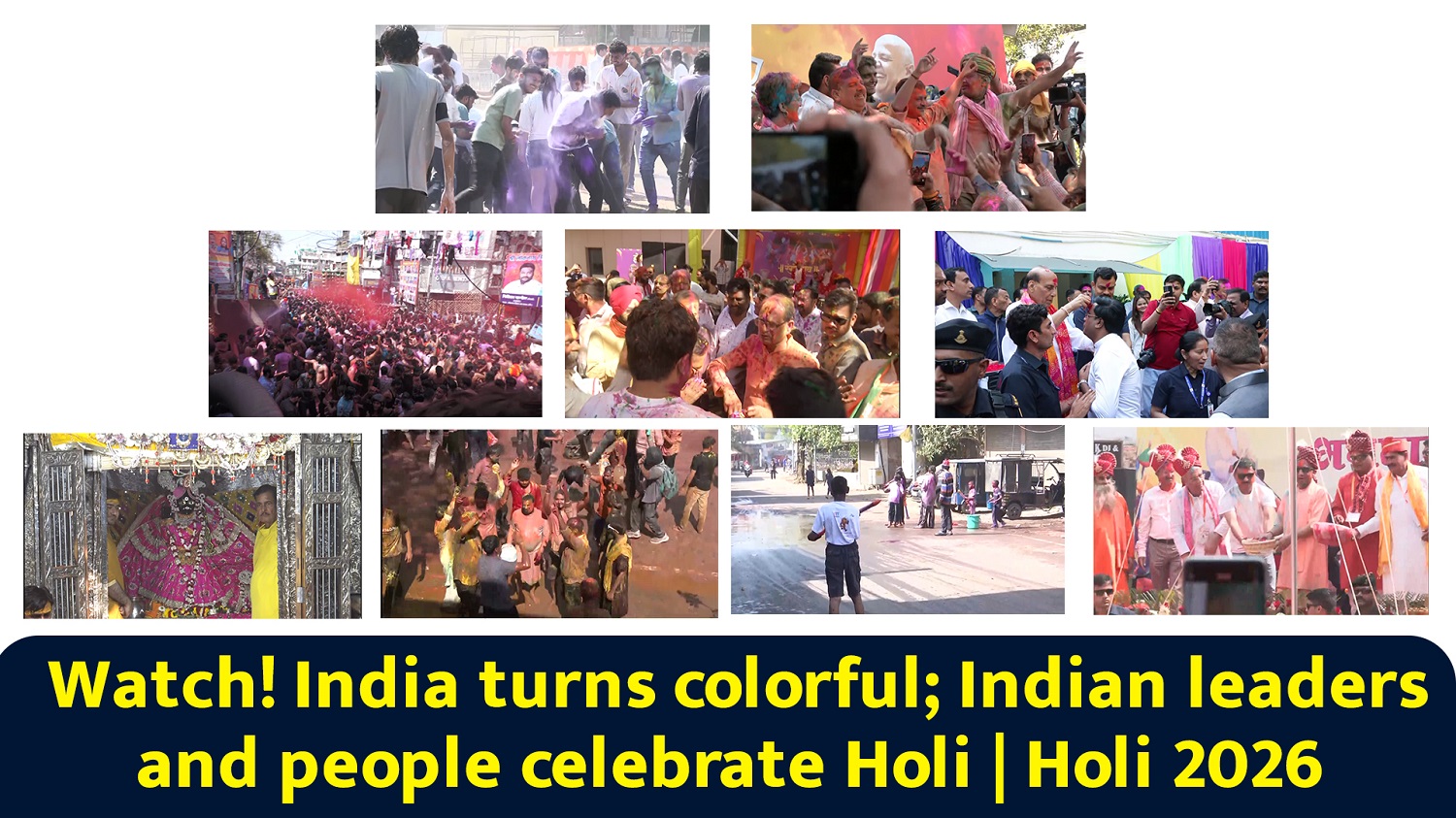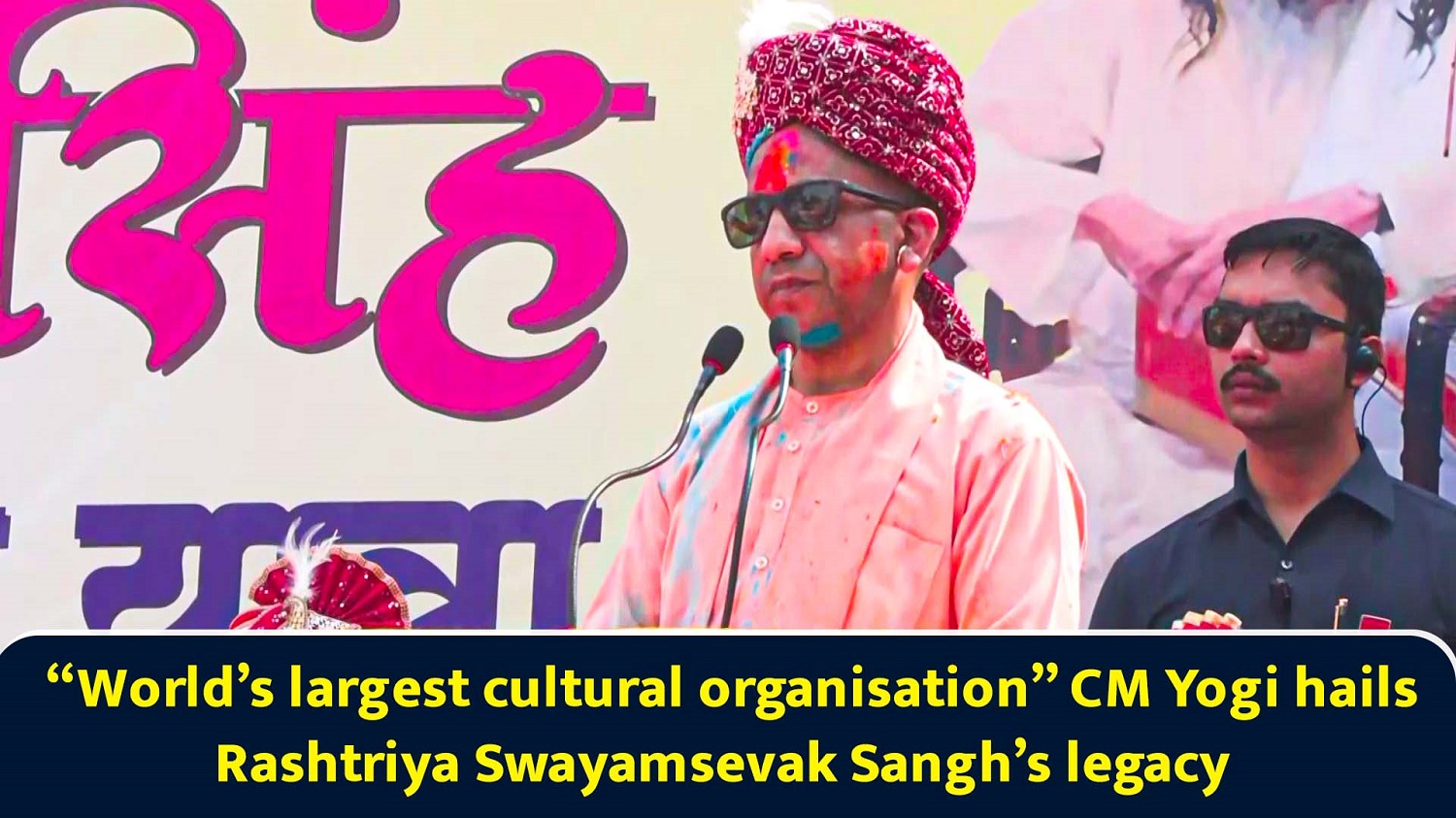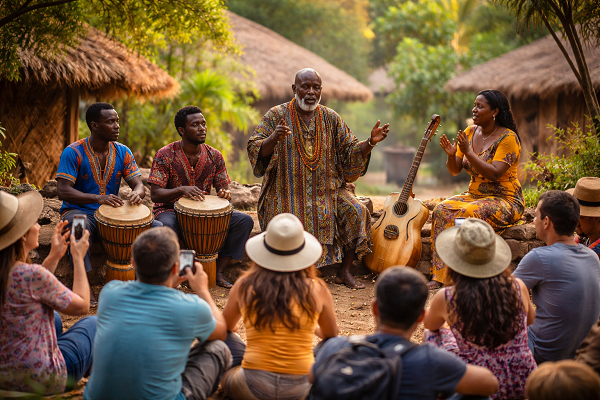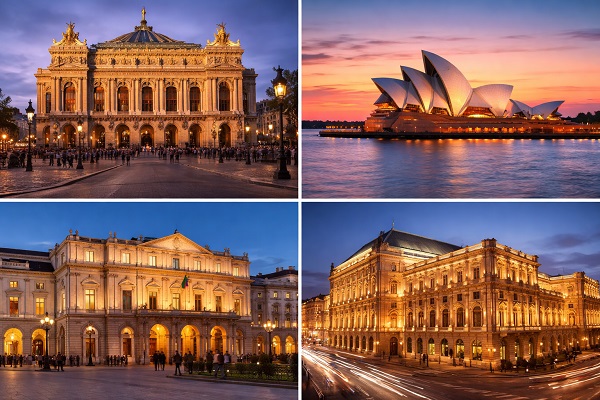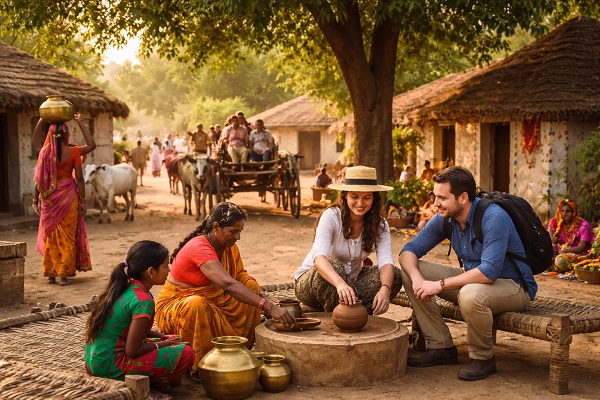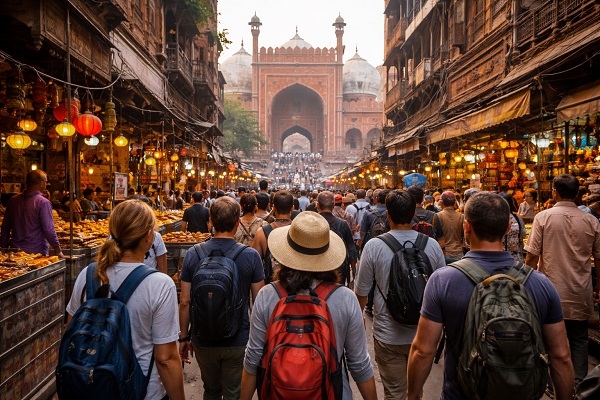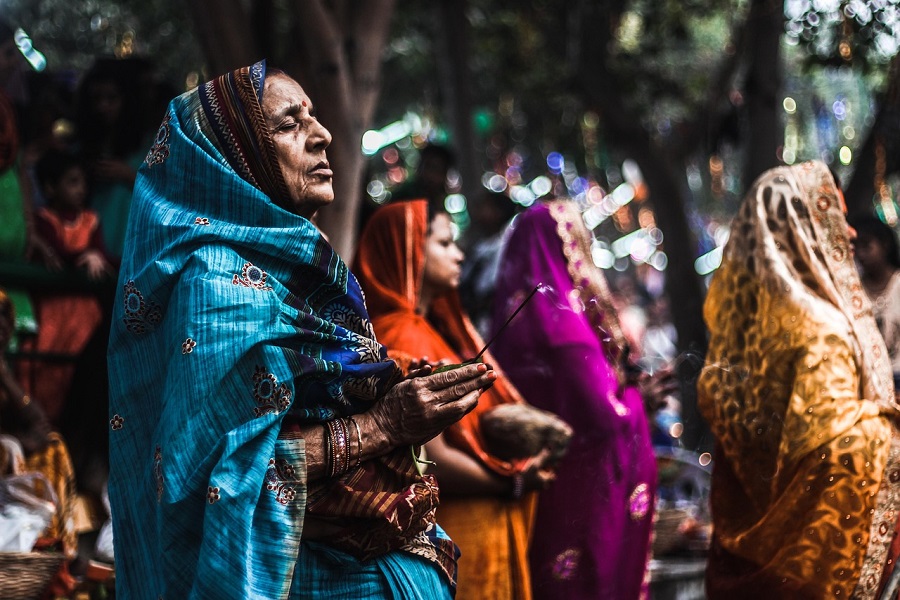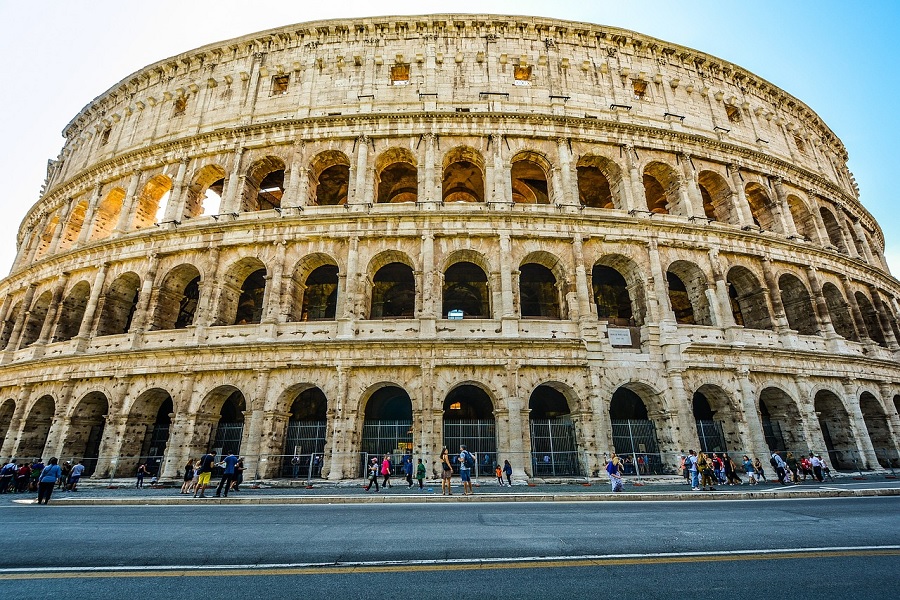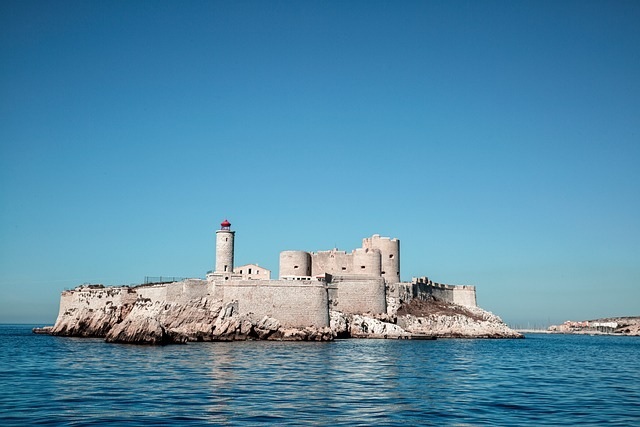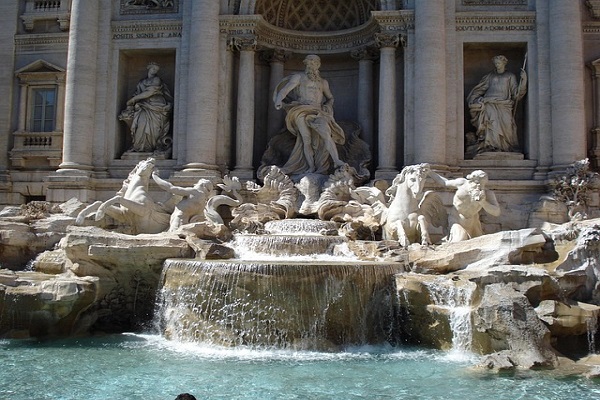Cultural Tourism: A Journey Through Heritage and Humanity
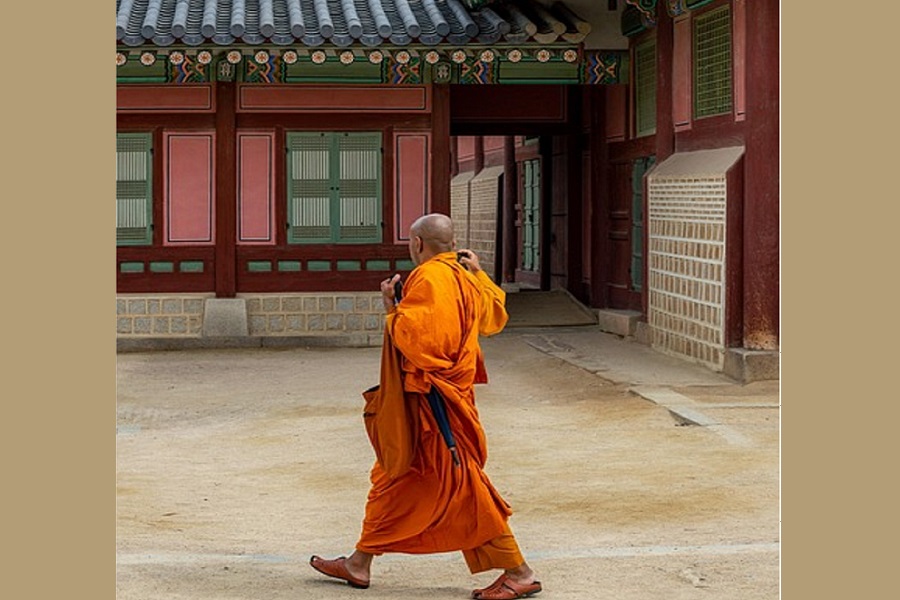
Cultural tourism is more than just visiting new places — it’s about immersing oneself in the traditions, art, and spirit of a community. It invites travelers to explore the essence of civilizations, bridging the past with the present and connecting people through shared heritage and creativity.
1. Understanding Cultural Tourism
Cultural tourism revolves around experiencing the lifestyle, history, and artistic expressions of local communities. It’s about walking through ancient streets, witnessing folk dances, savoring traditional cuisines, and understanding how stories, rituals, and festivals shape a region’s identity. From the architectural grandeur of India’s forts and temples to the rhythmic beats of African drums or the elegance of Japanese tea ceremonies — cultural travel turns every moment into a lesson in humanity.
2. The Importance of Preserving Heritage
Cultural tourism plays a vital role in preserving heritage. By encouraging people to appreciate and invest in local traditions, it helps sustain crafts, monuments, and languages that might otherwise fade away. Revenue from cultural tourism supports artisans, conservators, and local economies, ensuring that cultural treasures continue to thrive for future generations.
3. Experiencing Culture Through Festivals and Art
Festivals serve as the heartbeat of cultural tourism. From India’s vibrant Holi celebrations and Spain’s La Tomatina to Brazil’s Carnival, these events capture the joy and diversity of human expression. Likewise, art galleries, music performances, and theatre shows allow travelers to experience a community’s creative soul firsthand.
4. Responsible Cultural Travel
True cultural tourism isn’t just about sightseeing — it’s about respect. Responsible travelers engage with local people, support small businesses, and learn about customs before participating. Simple gestures, like dressing appropriately or using local greetings, show appreciation for cultural values and help foster meaningful exchanges.
5. The Transformative Power of Cultural Journeys
Traveling for culture transforms both the traveler and the host community. It opens minds, builds empathy, and nurtures a sense of unity amid diversity. Every cultural experience — whether sharing a meal, joining a dance, or visiting a heritage site — is a reminder that despite our differences, humanity is beautifully interconnected.
Final Thought
Cultural tourism is a celebration of human creativity and resilience. It reminds us that travel is not just about places — it’s about people. By embracing diverse cultures with curiosity and respect, we don’t just explore the world; we enrich our understanding of it.

